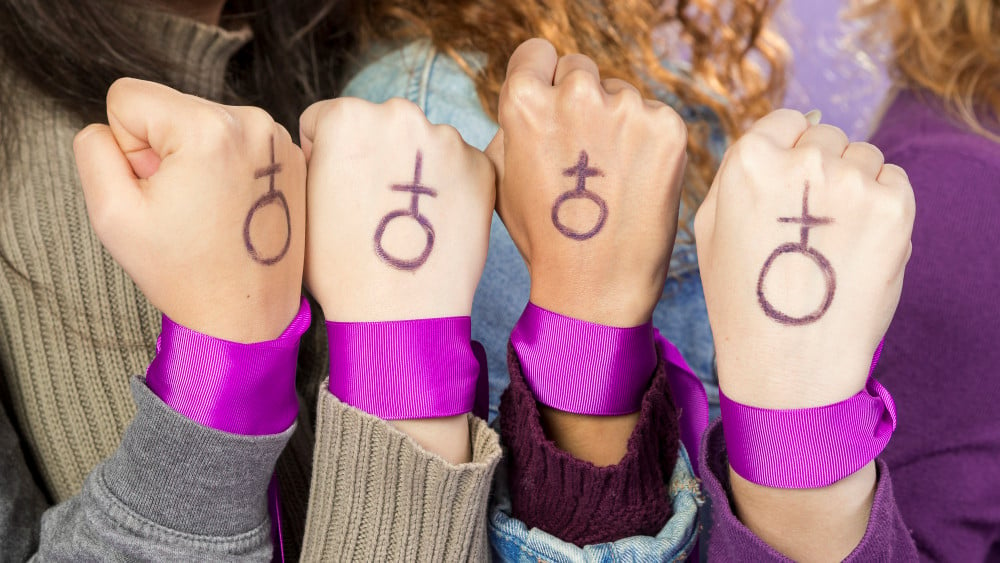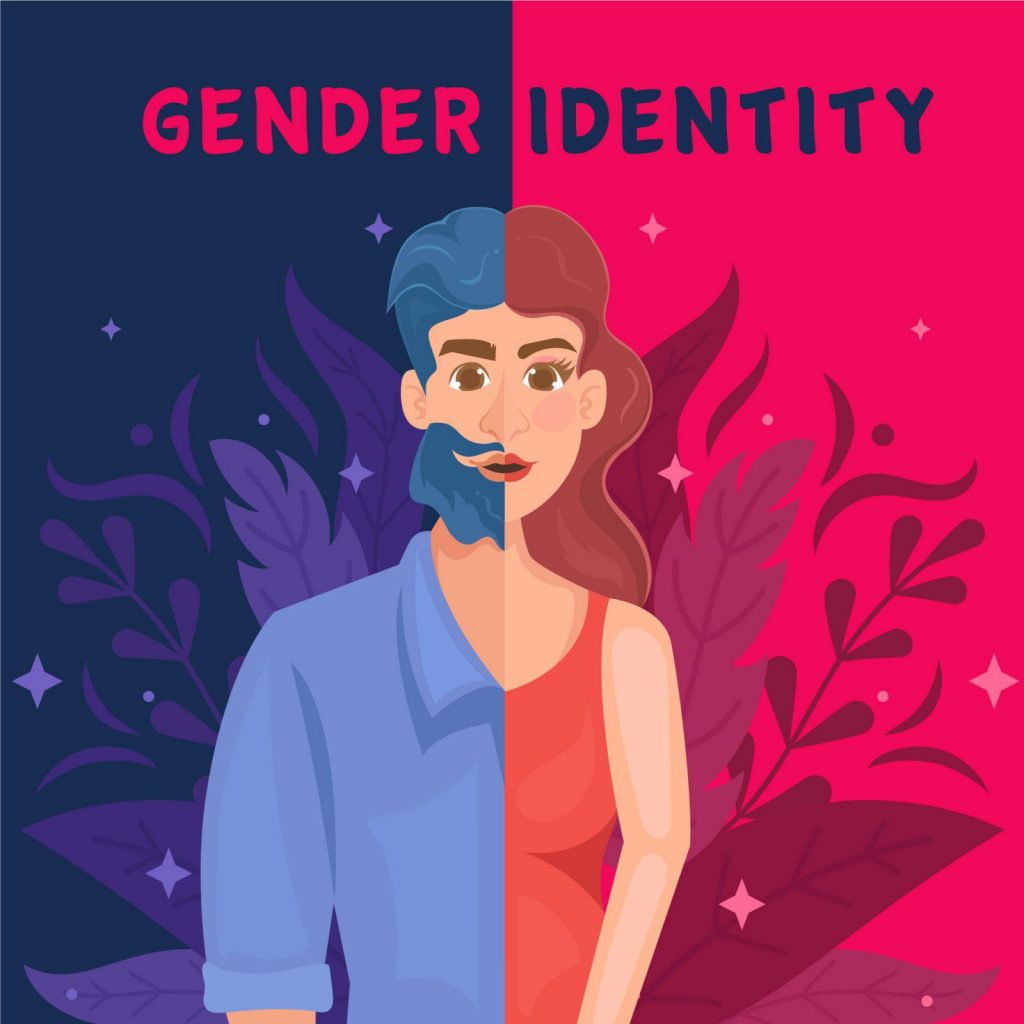UK Supreme Court Declares Trans Women Not Legally Women

© Freepik
What does the UK Supreme Court transgender ruling mean for transgender women with a Gender Recognition Certificate?
There seems to be a law that shapes how people are treated in everyday places like bathrooms, sports, and workplaces. Now, picture a court decision that changes how that law is understood.
This is exactly what happened in the United Kingdom recently. The UK Supreme Court made a big decision about who can be legally called a “woman.”
This ruling is stirring up conversations across the country and beyond. Let’s dive into what this means and why it matters.
UK Supreme Court Transgender Ruling: What Did it Decide?

On April 16, 2025, the UK Supreme Court ruled that the word “woman” in the Equality Act 2010 refers to someone born biologically female.
This means transgender women, even those with a Gender Recognition Certificate (GRC), are not included in this legal definition. The Equality Act is a law that protects people from discrimination based on things like sex or gender.
The court said that “sex” in this law means biological sex, not the gender someone identifies as.
This decision came after a group called For Women Scotland challenged a Scottish law that included transgender women in its definition of women for public board positions.
The court’s five judges agreed unanimously, saying this ruling clarifies the law but doesn’t take away protections for transgender people against discrimination.
Why This Ruling Matters
This decision affects more than just legal terms. It could change how single-sex spaces, like women’s shelters, bathrooms, or sports teams, operate.
For Women Scotland argued that including transgender women in these spaces could affect the safety and privacy of biological women.
Supporters of the ruling, like author J.K. Rowling, celebrated it as a win for women’s rights. However, transgender rights groups, like Scottish Trans, are worried.
They say this could make it harder for transgender women to access services or feel safe in public spaces.
The ruling doesn’t change the fact that transgender people are protected from discrimination, but it shifts how those protections are applied.
Businesses, hospitals, and schools may now review their policies to align with this new understanding of the law.
What’s Next?

The ruling has sparked a lot of debate. Some people, like Conservative leader Kemi Badenoch, see it as a clear victory for common sense.
Others, including LGBTQ+ groups like Stonewall, call it a step backward for transgender rights. The Scottish government says it will work with the UK government to figure out what this means for future laws.
There are also calls to update the Equality Act to make it clearer for everyone. For now, the decision sets a new standard for how laws about sex and gender are interpreted in the UK. It’s a topic that will likely keep people talking for a long time.
In a world where identity and rights are deeply personal, this ruling shows how complex these issues can be.
It’s not just about words in a law—it’s about real people, their lives, and how society balances everyone’s needs. What do you think this means for the future?
You might also want to read: How Does Company Culture Shape Employee Performance?


